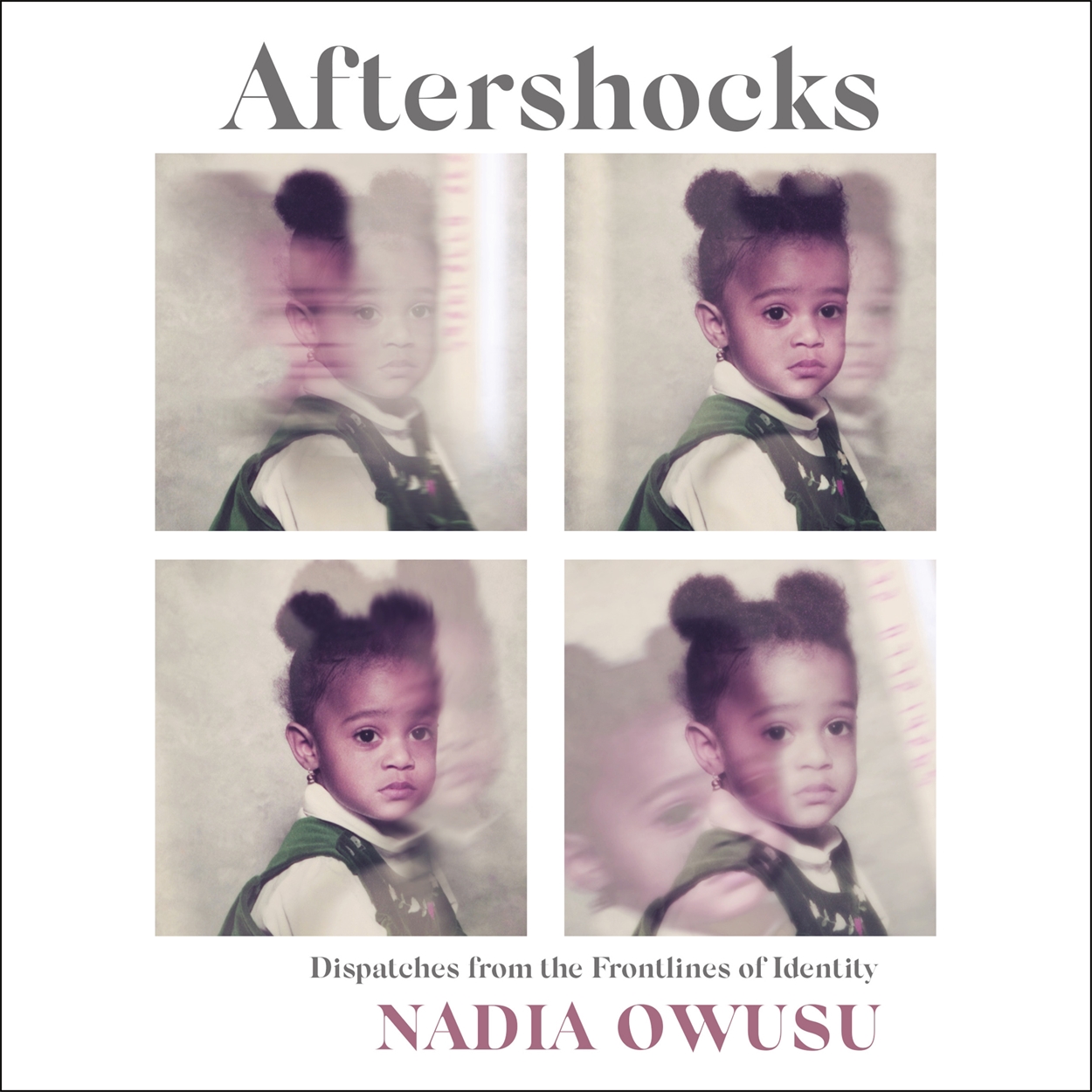Release date: 01/01/2021
Genre: Nonfiction
In the tradition of The Glass Castle, a deeply felt memoir from Whiting Award–winner Nadia Owusu about the push and pull of belonging, the seismic emotional toll of family secrets, and the heart it takes to pull through. “In Aftershocks, Nadia Owusu tells the incredible story of her young life. Aftershocks: A Memoir Nadia Owusu. Simon & Schuster, $26 (320p) ISBN 978-1-982111-22-9. Nadia Owusu's Earthquake of a Memoir; Buy this book In her enthralling memoir. Decades later, when Owusu revisits her childhood in the newly published memoir 'Aftershocks,' she links the two seismic events and explores the way, like an earthquake, her own abandonment is also.
'In Aftershocks, Nadia Owusu tells the incredible story of her young life. How does a girl—abandoned by her mother at age two and orphaned at thirteen when her beloved father dies—find her place in the world? This memoir is the story of Nadia creating her own solid ground across countries and continents.

Aftershocks Book
Nadia Owusu is a Brooklyn-based writer and urban planner.
Image credit: Beowulf Sheehan
When Nadia Owusu was 7 years old and living in Rome with her father, stepmother and younger sister, two events occurred on the same day that upended her world.
The first was a disaster she didn’t experience personally, but heard about on the radio: a catastrophic earthquake in Armenia, where her mother’s family had lived before they sought refuge in America. The second was the sudden appearance of her mother, standing nervously at the front door, gripping a pair of red balloons in her hands.
Owusu hadn’t seen her mother for three years, but now there she was, along with her silent second husband. They’d been vacationing in Italy. Her mother whisked Nadia and her sister off for a day of fun, before she vanished again.
Book Reviews Washington Post
As happens, especially in the minds of children, those two events became soldered together in memory. Here’s how Owusu puts it in her new memoir: “When I was seven, my mother showed up with an earthquake and red balloons. I remember her shaking hands and I remember the shaking earth. In me, private and seismic tremors cannot be separated.”
Owusu’s lyrical and tough memoir is called Aftershocks; and though, at first, it may seem like an overly dramatic conceit for Owusu to tell the story of her life in terms of tremors, seismic shock waves, and fault lines, those metaphors quickly come to seem apt, even restrained.
Owusu’s memoir is a classic “search for identity” story, one that’s complicated by the fact that the ground beneath Owusu’s feet is so unstable. Owusu’s out-of-the-picture mother is white and Armenian American; her beloved father is Black from Ghana. His work with the United Nations gave Nadia and her siblings a cosmopolitan upbringing — Italy, England, Ghana, Ethiopia, Uganda — but no fixed sense of home.
Being biracial intensifies Owusu’s apartness. And, then, there are the abandonments that fracture her life. Her mother’s unexplained departure when Nadia is 4 is followed by the death of her father when she’s 13 and, almost simultaneously, the refusal of her mother to take in Owusu and her sister. Instead, Owusu lives, tempestuously, with her stepmother until she leaves for college in New York where, not surprisingly, in her late 20s she experiences a breakdown.
Owusu devotes a portion of this memoir to surveying the ruptured histories of the many countries she’s connected to, but it’s her striking personal story and charged language that makes Aftershocks compelling. Speaking of her father’s death, Owusu comes to realize that “grief is slow internal bleeding.” Reflecting on the stories she’d heard about the opposition of her father’s family in Ghana to his marriage to her white mother, Owusu passes on this critical folk adage: “Any river loses its identity when entering the sea.” Feeling her breakdown approaching, Owusu describes stumbling out of “the speeding purgatory” of her subway train, running into her apartment and spending seven mostly sleepless days rocking in a ratty blue chair she picked up off the street. There she forces herself to confront questions about her “upended, dislocated body and mind. …[A]bout the geography and geology of my experience — about who I was and how I’d ended up in the blue chair. … [A]bout finding my way out of it.”

Nadia Owusu
Aftershocks, Owusu’s father had told her on the day of the Armenian earthquake, are “the earth’s delayed reaction to stress.” Owusu’s breakdown is one kind of aftershock; this well-wrought, often powerful memoir is another.
Aftershocks Memoir
Get The 90.7 WMFE Newsletter
Your trusted news source for the latest Central Florida COVID-19 news, updates on special programs and more. Support our extended coverage.
Aftershocks A Memoir
WMFE Journalistic Ethics Code | Public Media Code of Integrity
